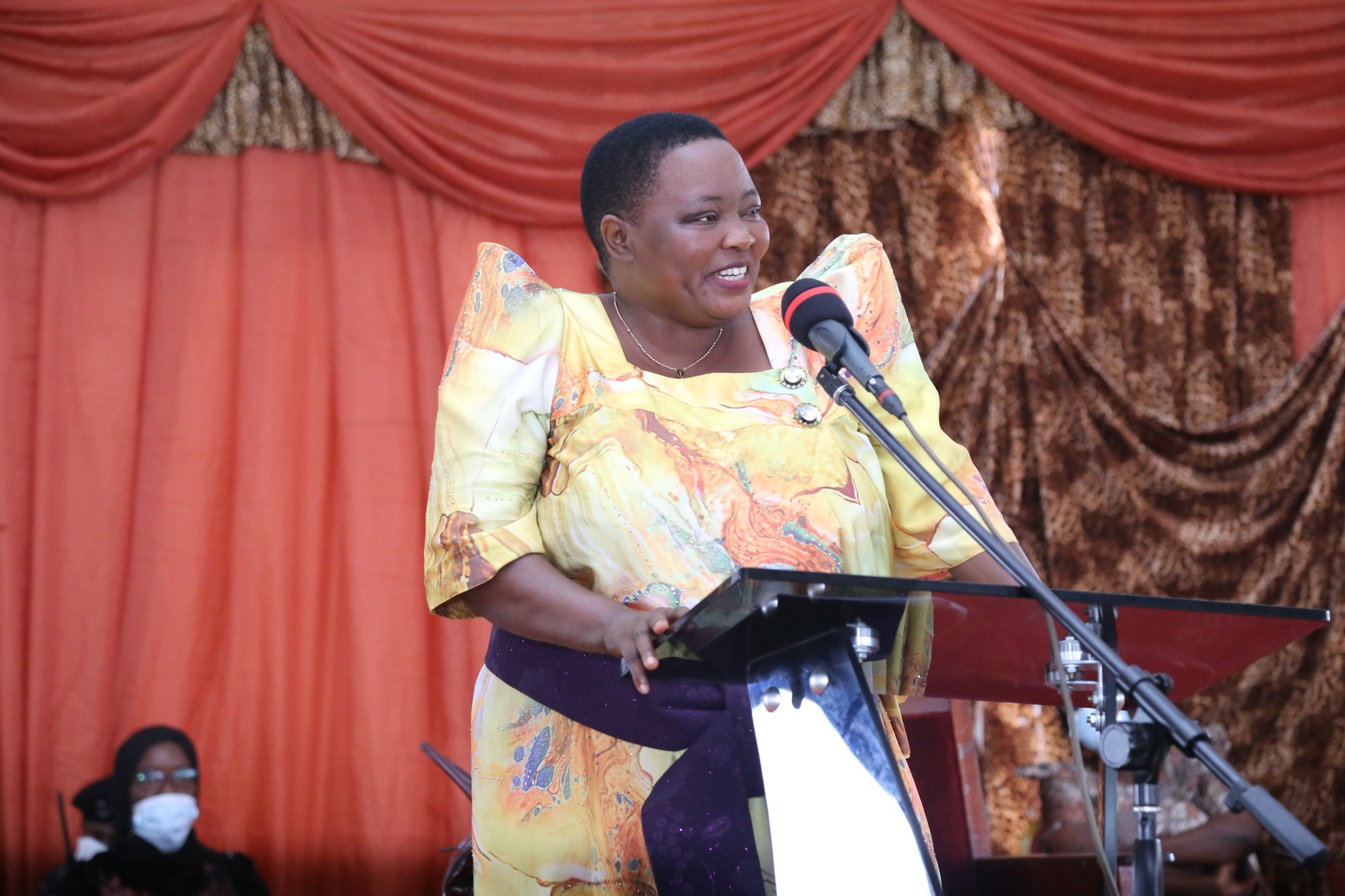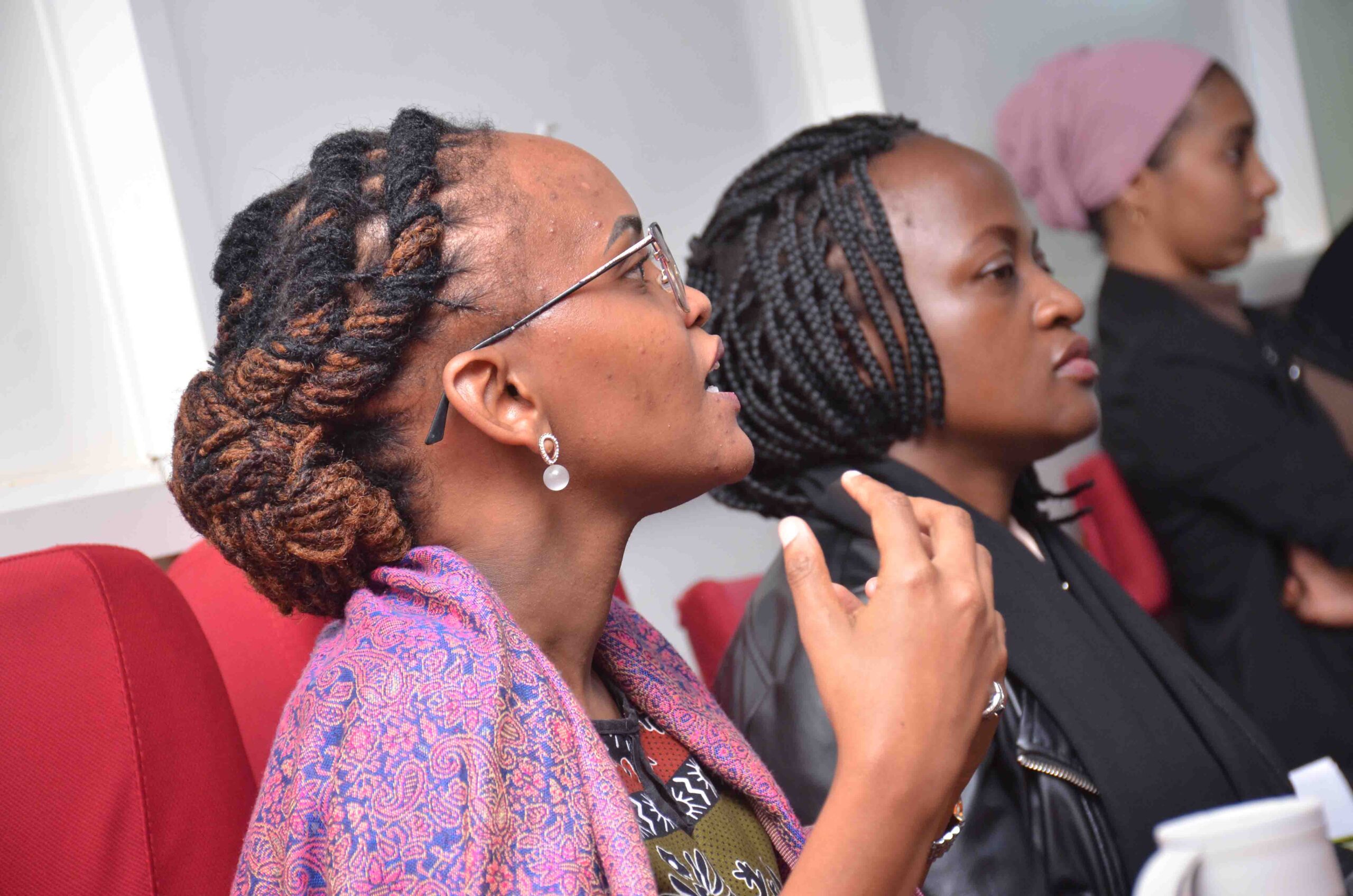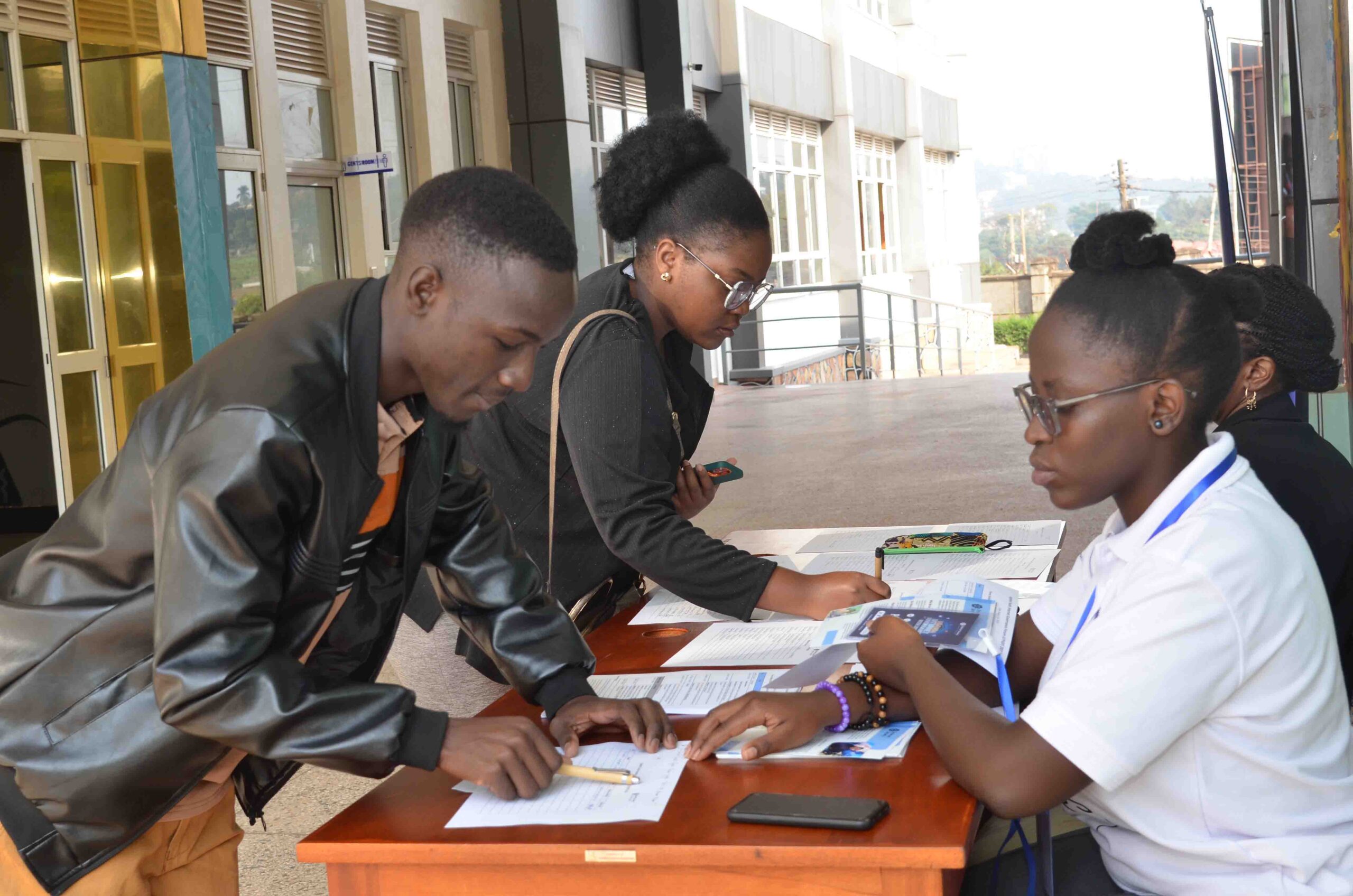Research Brief: Women’s Economic Empowerment in Uganda
Researchers:
- Titus Busonga
- Jalia Mwambala
- Dorothy Rukundo
- Susan Kalibbala
Objective: To analyze the multifaceted aspects of women’s economic empowerment in Uganda, examining their participation in various sectors, the challenges they face, and potential policy interventions.
1. High Informal Sector Participation
Overview:
- Women in Uganda are heavily engaged in the informal sector, with about 70-80% working in small-scale trading, agriculture, and other informal businesses.
Key Points:
- Informal sector jobs often lack job security, benefits, and legal protection.
- Women dominate this sector but face significant barriers to growth and sustainability.
Recommendations:
- Implement policies to formalize and support informal businesses.
- Provide training and resources to improve productivity and income.
2. Significant Role in Agriculture
Overview:
- Women are critical to food production but have limited access to resources like land, credit, and agricultural inputs.
Key Points:
- Women’s agricultural productivity is constrained by traditional gender roles and limited access to technology and markets.
Recommendations:
- Enhance women’s access to agricultural resources and training.
- Promote gender-sensitive agricultural policies.
3. Educational Attainment and Employment
Overview:
- Educational attainment significantly impacts women’s employment opportunities and earnings.
Key Points:
- Higher education levels correlate with better job prospects and higher incomes.
- A gender gap persists in educational attainment and professional employment.
Recommendations:
- Invest in girls’ education and vocational training.
- Encourage policies that support women in STEM fields and higher education.
4. Gender Pay Gap
Overview:
- Women generally earn less than men for similar work, with a more pronounced gap in the informal sector and among lower-skilled jobs.
Key Points:
- The pay gap affects women’s economic stability and overall empowerment.
Recommendations:
- Enforce equal pay legislation.
- Promote transparency and accountability in wage reporting.
5. Entrepreneurship
Overview:
- Many women run small and medium enterprises (SMEs), crucial for economic growth and empowerment.
Key Points:
- Female entrepreneurs face challenges such as limited access to finance and markets.
Recommendations:
- Expand access to microfinance and business development services.
- Support networks and mentorship programs for women entrepreneurs.
6. Unpaid Care Work
Overview:
- Women spend significantly more time on unpaid care and domestic work, limiting their time for paid employment.
Key Points:
- Unpaid labor includes childcare, cooking, and cleaning.
Recommendations:
- Develop policies that support shared domestic responsibilities.
- Provide affordable childcare services.
7. Health and Economic Participation
Overview:
- Health issues, including maternal health, impact women’s economic participation.
Key Points:
- Access to healthcare services is vital for enabling women to participate fully in the economy.
Recommendations:
- Improve access to reproductive health services.
- Promote workplace policies that support women’s health needs.
8. Legal and Policy Frameworks
Overview:
- Uganda has laws and policies promoting gender equality and women’s economic empowerment.
Key Points:
- Policies include the National Gender Policy and initiatives supporting women’s access to finance and property rights.
Recommendations:
- Strengthen implementation and enforcement of gender equality laws.
- Monitor and evaluate the impact of these policies.
9. Impact of COVID-19
Overview:
- The COVID-19 pandemic disproportionately affected women, particularly in the informal sector.
Key Points:
- Many women lost jobs or faced reduced incomes, exacerbating existing inequalities.
Recommendations:
- Provide targeted financial support and recovery programs for women.
- Promote resilience and sustainability in women’s employment.
10. Financial Inclusion
Overview:
- Improving women’s financial inclusion is critical for their economic empowerment.
Key Points:
- Access to banking, credit, and financial services empowers women economically.
Recommendations:
- Expand financial literacy programs.
- Facilitate women’s access to financial services and credit.
Conclusion: This research brief highlights the key aspects of women’s economic empowerment in Uganda, identifying challenges and proposing actionable recommendations. Addressing these areas can significantly enhance women’s economic participation and overall empowerment.
Contact Information:
- Titus Busonga
- Jalia Mwambala
- Dorothy Rukundo
- Susan Kalibbala



